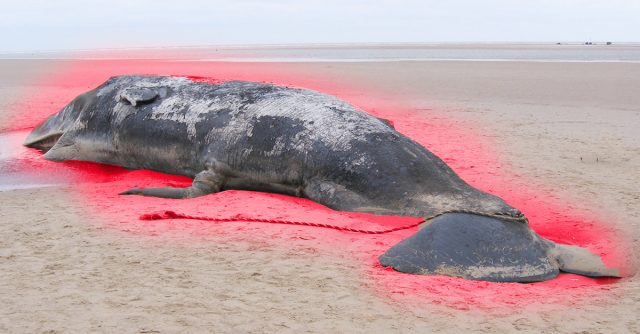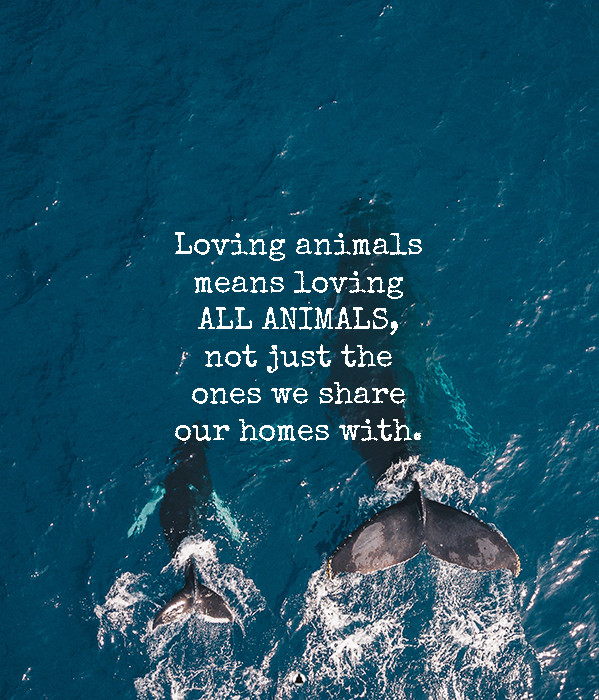Whaling has been something of a controversial topic for years. Despite most of the world deciding that it needs to be stopped, some countries still disagree. They feel that hunting whales is a part of their culture and history which shouldn’t be taken away from them. One such country is Japan.
Although they listened to activists for years, they’ve now decided to go back to their old ways. After a 30-year ban, Japan will restart commercial whaling.
The IWC
The IWC (International Whaling Convention) was founded in 1946. Its main aim was to prevent whaling from taking place, especially commercial whaling. Surprisingly, Japan joined this commission in 1951 and later promised to put an end to commercial whaling inside of their country.
However, Japan continued on with its practice and called it “scientific research.” Because of that, they’ve been able to continue selling whale meat. Since they have a rich tradition of consuming this type of meat, it seems as if this may be a difficult custom for them to break.
Going Back to Their Roots
Although Japan did follow the guidelines which were put forward by the IWC for many years, they’ve recently decided to follow their own rules instead. According to spokesperson Yoshihide Suga, this is because the commission isn’t fulfilling all their promises. Mainly, the IWC hasn’t done enough research into sustainable whaling, according to Suga. Instead, they’ve been focusing on increasing whale populations.
The country will, however, restrict their hunting to economic zones and territorial waters. Likewise, they won’t be taking part in any expeditions to Antarctica.
This decision has still put them under the scrutiny of many international commissions. The UN has opposed them, as has NAMMCO (the North Atlantic Marine Mammal Commission).
The Importance of Whales
Whaling isn’t just an issue of vegan activism and it isn’t just about ethics either. In fact, whales play a crucial part in our ecosystem. Without them, the deep bodies of water in which they live would not be able to ensure the survival of plant plankton. This type of plankton is a huge source of oxygen and also regulates oceanic temperatures.
Furthermore, when whales die in the ocean, it also promotes the wellbeing of the seas. Their skeletons, which are rich in carbon, sink to the bottom of the ocean. This then carries carbon away from the atmosphere.
Furthermore, their survival is crucial for the survival of other ocean predators. Without whales, animals such as sharks could face overpopulation. This, in turn, could lead to their extinction, along with the extinction of their prey.
The restrictions which were originally brought in by the IWC were absolutely crucial. This is not only true for the whale population, but also for the population of other aquatic animals as well as for the ocean itself. It’s uncertain what will happen once Japan restarts their practice of whaling for commercial purposes. What we can know for sure though is that the outcome won’t be a good one.
Do you think that whaling should be banned entirely? Share this article with your friends and family to find out their opinions on the subject too.



